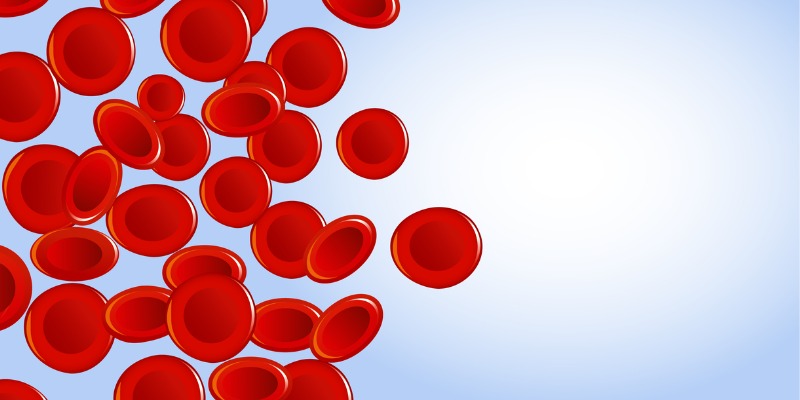On brain SPECT imaging scans, low blood flow is associated with depression, suicidal thoughts, bipolar disorder, schizophrenia, ADD/ADHD, traumatic brain injury, hoarding, murder, substance abuse, seizure activity, and more. It’s also the #1 brain imaging predictor that a person will develop Alzheimer’s disease.
11 Blood Flow Robbers
1. Being sedentary or exercising less than twice a week
Over 90% of teenagers do not get the recommended level of exercise, which could be one of the major reasons why mental health issues among teens have skyrocketed in the last 30 years.
2. Too much caffeine
Drinking more than 2 cups of caffeinated beverages a day reduces blood flow to the brain.
3. Smoking or ingesting nicotine
Smoking constricts blood flow to the brain. On brain SPECT scans, the brains of smokers tend to look older than they are.
4. Excessive alcohol use
In particular, drinking alcohol lowers blood flow to the cerebellum, an amazing part of the brain that is associated with physical movement, which means it can make you less coordinated. Plus, people who drink every day have smaller brains.
5. Having a history of cardiovascular disease
Coronary artery disease, heart attack, heart failure, and heart arrhythmia are all indicators that cerebral blood flow is decreased.
6. High LDL cholesterol
High levels of LDL cholesterol, and in particular having a high content of small LDL particles, is a sign that blood flow isn’t optimal.
7. Having hypertension or pre-hypertension
High blood pressure negatively impacts blood flow to the brain.
8. History of a stroke
Experiencing a stroke indicates that blood vessels are already damaged or vulnerable to trouble.
9. Erectile dysfunction
If you have blood flow problems anywhere, it likely means they are everywhere, including in the brain.
10. Pre-diabetes or diabetes
High blood sugar levels, associated with diabetes and pre-diabetes, cause blood vessels to become brittle and more likely to break, delaying healing and causing disease complications.
11. Sleep apnea
Sleep apnea is a common sleep disorder that lowers overall blood flow to the brain, especially in the areas that die first in Alzheimer’s disease.
3 Ways to Get Your Blood Flowing Again
If you want to keep your brain healthy, your mind sharp, and your mental health strong for as long as possible, you need to keep your blood flowing freely. If you have any of the lifestyle factors that lower blood flow, work to change your habits, and if you have medical conditions that impact blood flow, don’t hesitate to seek treatment. Here are 3 additional ways to boost blood flow.
1. Spend 10-20 minutes a day in prayer or meditation.
Both prayer and meditation have been shown to improve blood flow to the prefrontal cortex, decrease anxiety, and improve mood.
2. Undergo hyperbaric oxygen therapy (HBOT)
HBOT is a simple, non-invasive, painless treatment with minimal side effects that use the power of oxygen to enhance the healing process and reduce inflammation. Before-and-after SPECT scans from a 2011 study showed remarkable overall improvement in blood flow following 40 sessions of HBOT.
3. Consider supplements.
Nutraceuticals with research-based evidence to help maintain healthy blood pressure and increase blood flow include ginkgo biloba, cocoa flavanols, omega-3 fatty acids, green tea catechins, and resveratrol.
At Amen Clinics, we use brain SPECT imaging and lab testing as part of a wrap-around evaluation and treatment plan to determine the root causes of your symptoms. We believe in using the least toxic, most effective therapies and strategies to optimize your brain function and feel better again.

